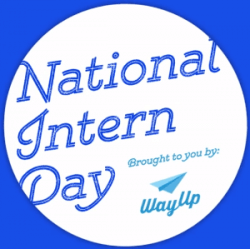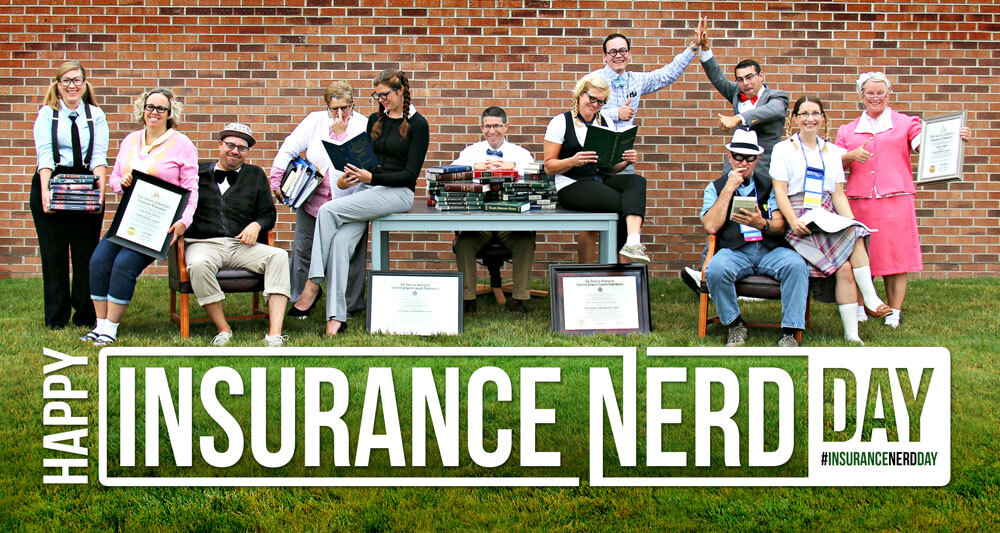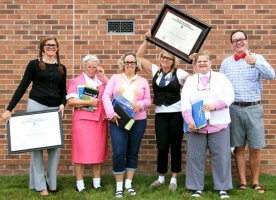National Intern Day
 National Intern Day, observed on the last Thursday in July, recognizes the hard work and dedication of interns across the country. It was created in 2017 by WayUp, a unique platform that connects college students and recent grads with job opportunities and career advice.
National Intern Day, observed on the last Thursday in July, recognizes the hard work and dedication of interns across the country. It was created in 2017 by WayUp, a unique platform that connects college students and recent grads with job opportunities and career advice.
The task of getting an internship has always been a difficult one, often dependent on luck or “who you know.” Most people just starting out don’t have access to traditional on-campus recruiting services.
WayUp, the brainchild of CEO Liz Wessel, has democratized and streamlined the job application process, introducing a single, common form that makes it easy for candidates to apply for jobs and helps prospective employers find suitable candidates and set up interviews.
It’s only fitting that WayUp would seek to acknowledge the bright young people who help make the venture a success. Companies are encouraged to submit nominations for its Intern Awards, which will reward outstanding interns in six areas of expertise. Businesses that visit the holiday’s website and pledge to observe National Intern Day will receive a free kit with information and materials to hold their own in-office intern celebration.
As WayUp grows exponentially, it still has a sense of humor. We noticed this in the Frequently Asked Questions:
Do I need a picture?
A profile picture is not mandatory, but according to industry standards it increases your chances of getting hired by 14x. That does NOT, however, include the following: selfies, awkward pictures taken against white walls, or pictures where a red cup has been cropped out.
Sage advice! Happy National Intern Day!



 Today is Gorgeous Grandma Day, created by author Alice Solomon. After graduating from Wellesley College in 1984, at age 50, she felt she and her generation had been written off and branded “senior citizens” by society.
Today is Gorgeous Grandma Day, created by author Alice Solomon. After graduating from Wellesley College in 1984, at age 50, she felt she and her generation had been written off and branded “senior citizens” by society.
 What is an Insurance Nerd?
What is an Insurance Nerd? According to a recent study conducted by McKinsey and Co., 25 percent of insurance professionals will reach retirement age by 2018. Another study by Griffith Insurance Education Foundation found that only 5 percent of college students indicated they were “very interested” in pursuing a career in the insurance industry. As a result, the field is facing a critical talent gap.
According to a recent study conducted by McKinsey and Co., 25 percent of insurance professionals will reach retirement age by 2018. Another study by Griffith Insurance Education Foundation found that only 5 percent of college students indicated they were “very interested” in pursuing a career in the insurance industry. As a result, the field is facing a critical talent gap.